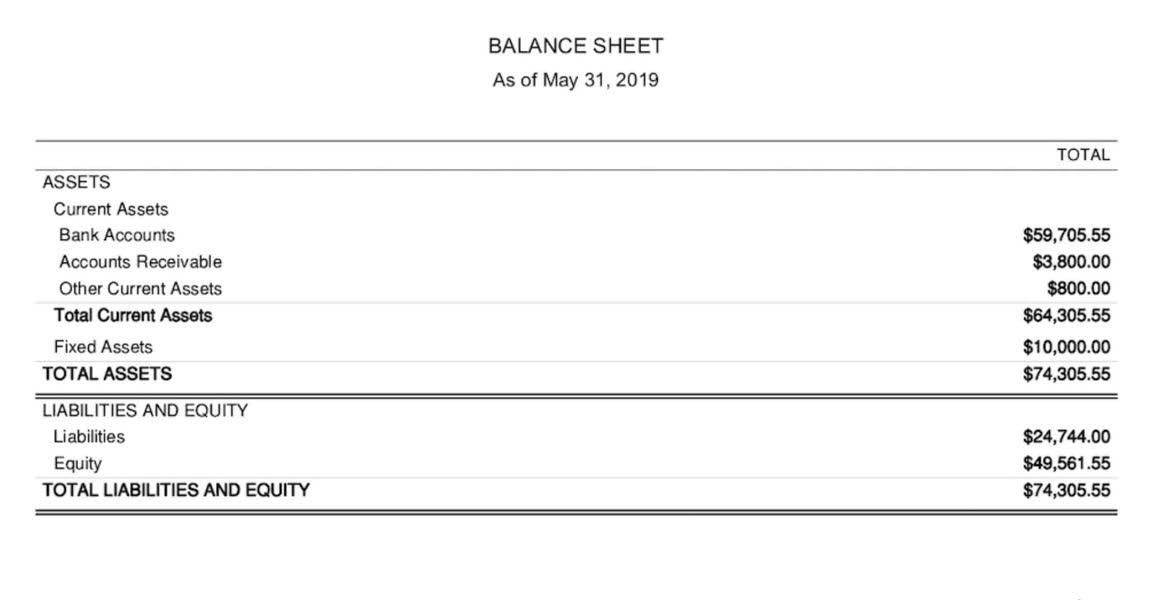
This concept is particularly important in accounting because we record sales when they are made. This sale was made when GM dropped the goods off on the loading dock because the title transferred. The term “freight on board” originated from the days of sailing ships when goods were “passed over the fob shipping point rail by hand,” as defined in Incoterm. The term “FOB” was used to refer to goods transported by ship since sea transport was the main method of transporting cargo from far countries. The term’s usage has changed since then, and its definition varies from one country and jurisdiction to another.

Transfer of Ownership
- Conversely, with FOB destination, the title of ownership transfers to the buyer once the goods reach the buyer’s loading dock, post office box, or office building.
- Constraints in the information system or delays in communication often cause a slight timing difference between the legal transfer of ownership and the accounting records.
- This means there is a difference between the legal terms of the arrangement and the typical accounting for it.
- While FOB destination may seem like a good deal to any buyer as they don’t have to worry about the costs and liability of the goods in transport, it has its disadvantages, too.
- If you’re new to overseas freight shipping, navigating those uncharted waters can be confusing and overwhelming.
Additionally, if the goods are damaged in transit, the seller is responsible for replacing them at their own expense. In modern domestic shipping, the term is used to describe the time when the seller is no longer responsible for the shipped goods and when the buyer is responsible for paying the transport costs. Ideally, the seller pays the freight charges to a major port or other shipping destination and the buyer pays the transport costs from the warehouse to his store or vendors. The FOB location directly affects shipping costs as it determines where ownership transfers from seller to buyer.
- In shipping documents and contracts, the term “FOB” is followed by a location in parentheses.
- Company ABC assumes full responsibility if the designated carrier damages the package during delivery and can’t ask the supplier to reimburse the company for the losses or damages.
- It is important to note that FOB does not define the ownership of the cargo, only who has the shipping cost responsibility.
- It is important to note that FOB Destination is often preferred by buyers, as it places the responsibility of the goods on the seller until they reach their final destination.
- Once the delivery is unloaded in the receiving country, responsibility is transferred to you.
- When the ship’s rail serves no practical purpose, such as in the case of roll-on/roll-off or container traffic, the FCA term is more appropriate to use.
What is Freight On Board (FOB)?
These laws use specific terms outlined in detailed contracts to define delivery time, payment terms, and when the risk of loss shifts from the seller to the buyer. Known as Incoterms, these terms are published by the International Chamber of Commerce (ICC) to help navigate the complexities of international trade and differing country laws. If you have nexus in a state that charges sales tax on shipping, FOB may become your friend. For packages that are FOB origin, the buyer will often contract with the shipper and pay the freight costs directly, not arranging it through you, the seller.
Incoterms for transport via sea and waterways
For FOB Origin, the buyer assumes all risks related to damage, destruction, and loss during transit once the goods are loaded onto the chosen mode of transport at the origin point. This arrangement can be more expensive for the buyer, particularly if the shipment is large or travels a long distance. Resolving any issues that arise during transportation can also be time-consuming for the buyer. The fitness equipment manufacturer is responsible for ensuring the goods are delivered to the point of origin. The manufacturer records the sale at the shipping point, at which time they also make an entry for accounts receivable and reduce their inventory balance.
- For FOB Origin, the buyer assumes all risks related to damage, destruction, and loss during transit once the goods are loaded onto the chosen mode of transport at the origin point.
- Both parties don’t record the sale transaction in their general ledgers until the goods arrive at the buyer’s location.
- One of the primary advantages of FOB Destination is that the seller assumes more responsibility for the goods during transportation.
- This means that the seller is responsible for any damages or losses that occur during transportation.
- Reducing freight costs with FOB Shipping Point and FOB Destination requires a strategic approach to transportation.
And for a shipment with FOB affixed with the point of origin, the buyer/consignee technically owns the shipment once it is on board the ship. If he refuses the delivery of the shipment, he has no legal reason to send it back to the seller/consignor and the return shipment could only incur more damage. In freight collect, the buyer pays for the shipping charges and is also responsible for filing the insurance claim (just in case). This determines who shoulders the shipping costs and ancillary charges that might incur along the way. Whether you ultimately decide to ship FOB or choose another agreement, it’s important to know all of your options so you can choose the one that’s best for you.

Shopify Markets helps you sell to multiple countries and scale your business internationally—all from a single Shopify store. Beyond those costs, FOB terms also affect how and when a business will account for goods in its inventory. Shipping costs are usually tied to FOB status, with shipping paid for by whichever party is responsible for transit.
Who pays for shipping in FOB shipping point?

With this option, the seller assumes more risk and responsibility, which can provide buyers with peace of mind. Additionally, FOB Destination can be a good option if the buyer is located far from the seller or if the goods are fragile and require special handling. However, FOB Destination can also be more expensive for the seller, as they are responsible for all transportation costs and any potential damages or losses during transit. This may result in higher prices for the buyer, as the seller may need to factor in these additional costs when setting their prices. FOB (Free On Board) means the seller’s responsibilities end once the goods reach the ship’s rail, so the buyer takes over. As opposed to “delivered”, which means that the seller bears all risks and costs until the goods get to the buyer’s destination.

Use a freight forwarder
“FOB destination” means the buyer takes ownership when the goods are delivered to the buyer’s doorstep. FOB terms are the linchpin in determining who bears the shipping costs and responsibilities in a transaction. Whether it’s “FOB Origin” or “FOB Destination,” these terms spell out whether the buyer or seller pays the freight charges and at what point ownership passes between the two parties. Understanding Free on Board (FOB) is crucial for businesses engaged in domestic and international trade.
Understanding Shipping Point vs FOB Shipping Point
If the Freight On Board is indicated as “FOB delivered,” the seller or shipper will be wholly responsible for all the costs involved in transporting the consignment. Where the FOB terms of sale are indicated as “FOB Origin,” the buyer is responsible for the costs involved in transporting the goods from the seller’s warehouse to the final destination. The term “shipping point” might seem straightforward, but when paired with FOB, it takes on a much more nuanced meaning.
